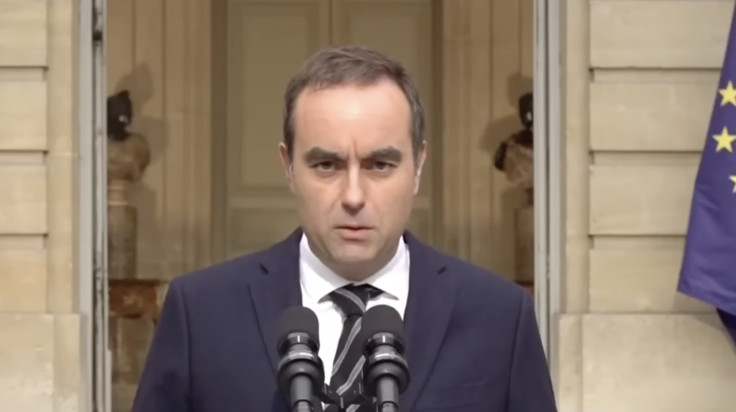Why Did French Prime Minister Sebastien Lecornu Resign? Shocking Exit Plunges France Into Fresh Political Crisis Weeks After Appointment
French PM Sebastien Lecornu resigns after weeks. Political chaos hits markets hard.

The political turmoil gripping France has escalated dramatically with the shock resignation of Prime Minister Sebastien Lecornu just weeks after his appointment, plunging the country into a fierce political crisis.
At the moment, no clear reason has been publicly revealed about why the Prime Minister resigned.
Lecornu, who was France's fifth PM in less than two years, struggled to unite a deeply fractious parliament and immediately fell under immense pressure. This sudden exit will heap 'massive pressure on Macron,' who has now installed three failed minority governments during a messy period of French affairs.
Lecornu, a former defence minister and longtime ally of French President Emmanuel Macron, resigned just hours after naming a new cabinet on Sunday. The new cabinet, which mostly retained high-profile figures, was scheduled to hold its first meeting on Monday.
Market Mayhem: Investors React To Political Instability
The news of the Prime Minister's immediate resignation sent palpable shockwaves through European markets, reflecting deep investor concern over France's political instability.
- The yield on the 30-year government bond, or OAT, hit a one-month high of 4.441% before retreating slightly.
- Similarly, the yield on the benchmark 10-year bond rose to a 10-day high of 3.5990%.
- Meanwhile, France's major stock index, the CAC 40 index, slumped 1.9%.
- The euro fell 0.7% against the dollar.
Lecornu was installed in early September against a backdrop of public unrest and widespread dissatisfaction. Several successive French governments had previously failed to pass budgets detailing spending cuts and tax rises, contributing to the messy state of affairs.
The Budget Deficit Crisis That Undid The PM
Lecornu faced an impossible task: convincing a divided parliament and anxious international observers that he could tackle France's severe budget problems.
Parties on both the left and right of the political spectrum, as well as investors and the European Commission in Brussels, were keenly awaiting Lecornu's plan. He was scheduled to make a speech in front of parliament, the National Assembly, on Tuesday laying out his government's roadmap. The critical point of interest was how he planned to close a massive budget deficit of 5.8% in 2024.
France's debt pile had already reached an alarming level, amounting to 113% of GDP in 2024. Both the country's deficit and public debt levels are far above European Union rules, which demand that individual members' deficits should not exceed 3% of GDP, while their public debt should not surpass 60% of economic output. Lecornu's failure to even present a roadmap for solving this financial crisis ultimately sealed his fate.
Will President Macron be able to install a stable government and address France's spiralling debt crisis? Follow IBTimes UK for all the latest political and financial updates from the UK.
© Copyright IBTimes 2025. All rights reserved.






















